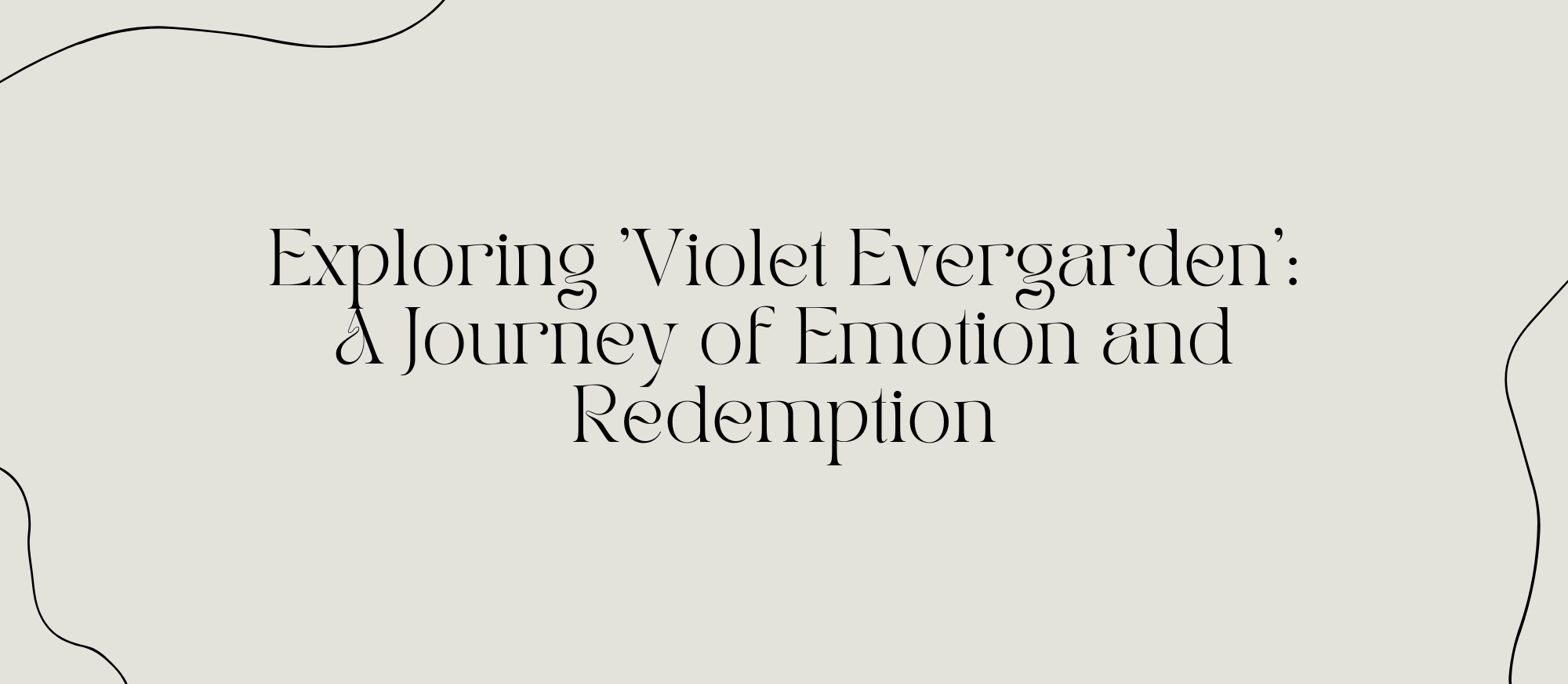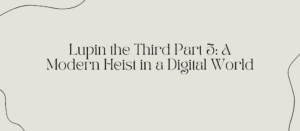Introduction

“Hey! Have you ever heard of ‘Violet Evergarden’? If not, let me take you on a little journey into this beautifully crafted anime series that’s all about emotions, self-discovery, and the art of communication. Produced by Kyoto Animation, this series has captured hearts around the globe, and there’s a good reason why.
So, what’s the story about? Well, it centers on Violet Evergarden, a young woman who was once a soldier known for her deadly efficiency on the battlefield. The war ends, and she starts a new chapter of her life as an Auto Memory Doll—a role that involves transcribing people’s thoughts and emotions into letters. But here’s the catch: Violet herself struggles to understand her own feelings, especially the last words spoken to her by someone she held dear, “I love you.”
This journey of Violet’s isn’t just about adapting to civilian life. It’s about her quest to grasp the meaning of those words. Each episode, each letter she writes, slowly helps her piece together human emotions, which is something quite new to her. Think about it: How do you explain feelings to someone who’s never been taught what feelings are? It’s a tough gig, right?
And guess what? The show isn’t just about Violet. We meet various other characters through her assignments—people dealing with loss, love, or even unresolved pasts. These stories aren’t just fillers; they’re profound tales that add layers to the main narrative, making the whole experience richer.
So, whether you’re new to anime or a seasoned viewer, ‘Violet Evergarden’ offers something deeply touching. It’s a series that combines stunning visuals with powerful storytelling, making each episode a visual and emotional feast. Ready to dive in and explore the intricate world of Violet and her letters? I promise, it’s a journey worth taking!”
Character Analysis: Violet Evergarden
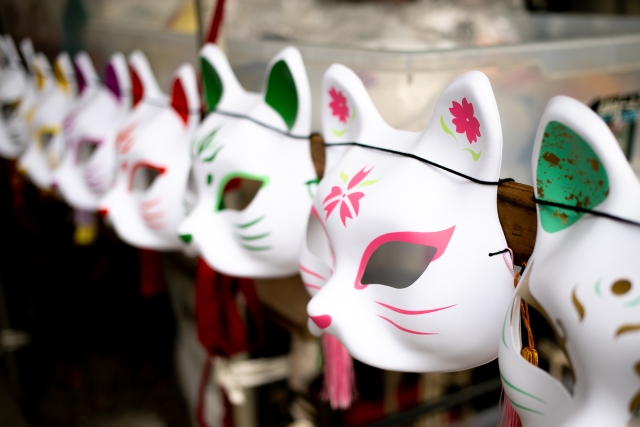
“Hey! So, you’ve started watching ‘Violet Evergarden,’ or maybe you’re thinking about it? Either way, let’s chat about Violet, the protagonist who really brings depth and emotion to the series. Her journey is not just compelling but also incredibly transformative.
Violet, who is she really? Well, she starts off as a former child soldier known for her combat prowess, which is something, right? But as the war ends, she transitions into a role as an Auto Memory Doll. These Dolls write letters for those who cannot themselves convey their emotions or are too distant to do so in person. For Violet, though, it’s more than just a job—it’s her pathway to understanding human emotions, especially the meaning of ‘I love you,’ words her mentor and guardian, Major Gilbert, left her with.
What makes Violet’s character so intriguing? It’s her evolution. Initially, Violet is almost robotic—she’s been conditioned to follow orders without question. Emotions? Those were uncharted territory for her. But as she writes letters, she encounters various human experiences and emotions through her clients. Each letter is a step forward in her emotional education, making her more aware, more attuned to the feelings of others, and, slowly, her own.
And let’s not forget how her interactions with her colleagues at the CH Postal Company play a role. Each colleague, from the understanding and patient Claudia to the spirited Iris and empathetic Cattleya, helps guide and support her on this journey. It’s beautiful to watch, honestly.
The complexity of Violet’s character is also shown in how she grapples with her past. She struggles with the guilt of her actions during the war and seeks redemption through her role as a Doll. This struggle adds layers to her character, making her journey not just about understanding love but also about seeking forgiveness, both from herself and from those she’s wronged.
So, what do you think? Violet’s story is not just her own but a mirror reflecting the various facets of human emotions and interactions. It’s a profound narrative woven with the threads of wartime memories, personal growth, and the quest for understanding. Every episode, every letter, adds depth to her character, pulling us deeper into her world. Are you as hooked as I am?”
Themes and Symbolism
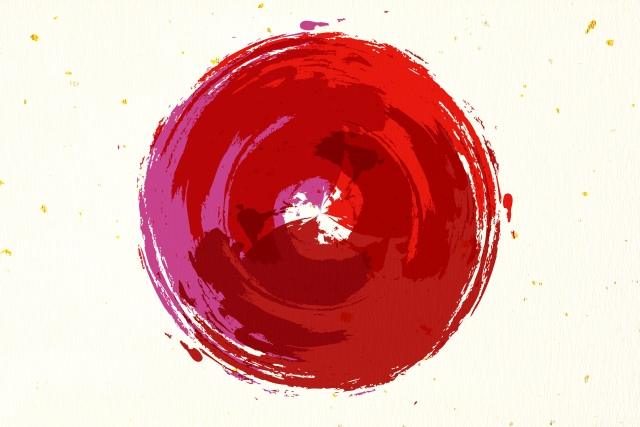
Alright, let’s dive into the rich themes and symbolism woven throughout “Violet Evergarden.” This anime isn’t just a visual treat; it’s layered with deep messages and metaphors. Ready to explore what makes it so poignant and thought-provoking?
First up, one of the central themes is the exploration of love and its many dimensions. Violet starts her journey grappling with Major Gilbert’s last words to her: “I love you.” These words are a mystery to her—a puzzle she’s determined to solve. As she works as an Auto Memory Doll, writing letters that convey deep emotions for others, she begins to encounter the various forms of love. There’s romantic love, sure, but also the love between friends, family, and even love that transcends death. Each letter she writes is a step closer to understanding these complex emotions.
Now, let’s talk symbolism, shall we? Letters themselves are a powerful symbol in the series. Think about it: letters bridge gaps between people, carrying emotions across distances and even through time. For Violet, each letter is more than just words on paper; they are lessons in emotion, tools for her to connect and understand the human experience deeper.
Another fascinating symbol is Violet’s mechanical arms. They represent her past as a tool of war, objects of violence. However, as she uses these same arms to write letters that heal and connect, they come to symbolize her transformation. It’s a beautiful paradox, isn’t it? The very things that were once used to harm now serve to mend and build emotional bridges.
There’s also the recurring motif of flowers, particularly violets. These flowers symbolize Violet’s growth and evolution. Just as a violet blooms, Violet grows from a weapon of war into a compassionate individual capable of deep empathy. The way the series uses these floral elements adds a layer of visual poetry to the narrative, don’t you think?
Lastly, the theme of self-discovery runs strong. Through her interactions, her writing, Violet not only helps others understand their feelings but also discovers her own identity. It’s a journey from being an emotionless soldier to a woman who feels deeply and loves fully.
So, what are your thoughts? The themes and symbolism in “Violet Evergarden” aren’t just beautifully executed; they add depth and meaning to the story, making it a truly immersive experience. Isn’t it incredible how a series can be so visually stunning and yet so deeply moving? Let’s keep this conversation going; I’d love to hear which symbols or themes resonated with you the most!
Visual and Musical Artistry

Absolutely, let’s dive into the “Visual and Musical Artistry” of “Violet Evergarden,” chatting about how this anime not only delights the eyes but also resonates deeply with our emotions through its soundtrack. Ready to explore these artistic layers?
So, starting with the visuals—wow, right? Kyoto Animation has really outdone itself. The animation quality of “Violet Evergarden” is nothing short of breathtaking. Every frame is like a work of art. Have you noticed the meticulous attention to detail? From the intricate designs of the characters’ costumes to the beautifully rendered backgrounds, every scene is crafted to perfection. The use of colors deserves a special mention. They use a palette that complements the tone of the series beautifully, with soft pastels that bring out the emotional depth of each scene.
Now, let’s chat about the character animations. The expressions, the movements—they’re all so fluid and lifelike. This high level of detail ensures that the emotional impact of each scene is conveyed perfectly. It’s like, as viewers, we can feel every subtle change in the characters’ emotions, which is crucial for a series that’s so deeply rooted in exploring human feelings.
Switching gears to the music—oh, the music! It’s simply soul-stirring. The soundtrack, composed by Evan Call, is a masterpiece that perfectly captures the essence of the series. Each piece of music is carefully chosen to enhance the storytelling, adding an additional layer of depth to the narrative. Whether it’s a poignant scene or a moment of joy, the music amplifies the emotions, making the experience all the more immersive. Have you had any moments where the music just made you stop and feel everything even more deeply?
Plus, the opening and ending themes—are they on your playlist yet? They’re not just beautifully composed, but they also encapsulate the themes of the anime, resonating with the journey of the characters, especially Violet. It’s this harmonious blend of visual beauty and musical eloquence that elevates “Violet Evergarden” from just an anime to a profound artistic experience.
So, what do you think? The way “Violet Evergarden” combines stunning visuals with a heart-touching soundtrack really sets it apart, doesn’t it? It’s like each episode is a piece of art both seen and heard. Do you have a favorite visual or musical moment from the series? Let’s keep this chat going; I’d love to hear your thoughts!
Impact and Reception
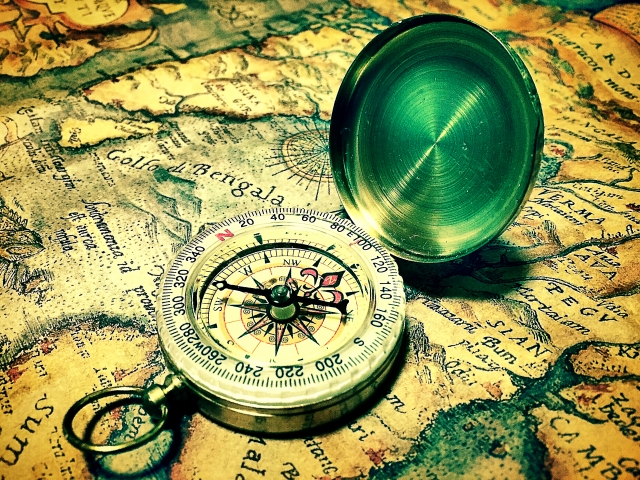
Alright, let’s chat about the “Impact and Reception” of “Violet Evergarden.” This series has not just been watched; it’s been felt by audiences around the world. Are you ready to dive into how it’s touched hearts and sparked conversations?
First off, when “Violet Evergarden” hit the screens, it was clear it wasn’t going to be just any anime. The emotional depth, combined with stunning animation, resonated deeply with viewers. From the get-go, it garnered a strong following—people were drawn not just to the artistic beauty but to the profound storytelling. Have you felt that connection too, where each episode seems to tug at your heartstrings?
Now, let’s talk global impact. The series has fans all over the world, and it’s been praised for its sensitive portrayal of complex emotions. It’s interesting how different cultures have connected with Violet’s journey of self-discovery and her quest to understand love and loss. The way this series deals with universal themes makes it a global phenomenon. Isn’t it incredible how a story about a girl learning about emotions can turn into a worldwide discussion about the human experience?
Critically, “Violet Evergarden” has received acclaim for its depth and narrative quality. Reviewers often highlight how the series doesn’t shy away from the pain of loss but instead uses it to enrich the narrative, making Violet’s growth not just believable but also incredibly impactful. It’s rare for an anime to be discussed not just for its entertainment value but also for its artistic merit and emotional depth, right?
And let’s not overlook the awards! The series has picked up several accolades, cementing its status as a standout piece of animation. These accolades aren’t just for show—they reflect the series’ ability to connect with and move its audience deeply.
So, what’s your take on this? The way “Violet Evergarden” has been received says a lot about its impact. It’s more than just an anime; it’s a study in emotion and human connection, reaching across cultural boundaries to touch people’s lives. Does this resonate with how you see the series? What part of “Violet Evergarden” left the biggest impact on you? Let’s keep this conversation going—I’d love to hear more about your experience with the show!
